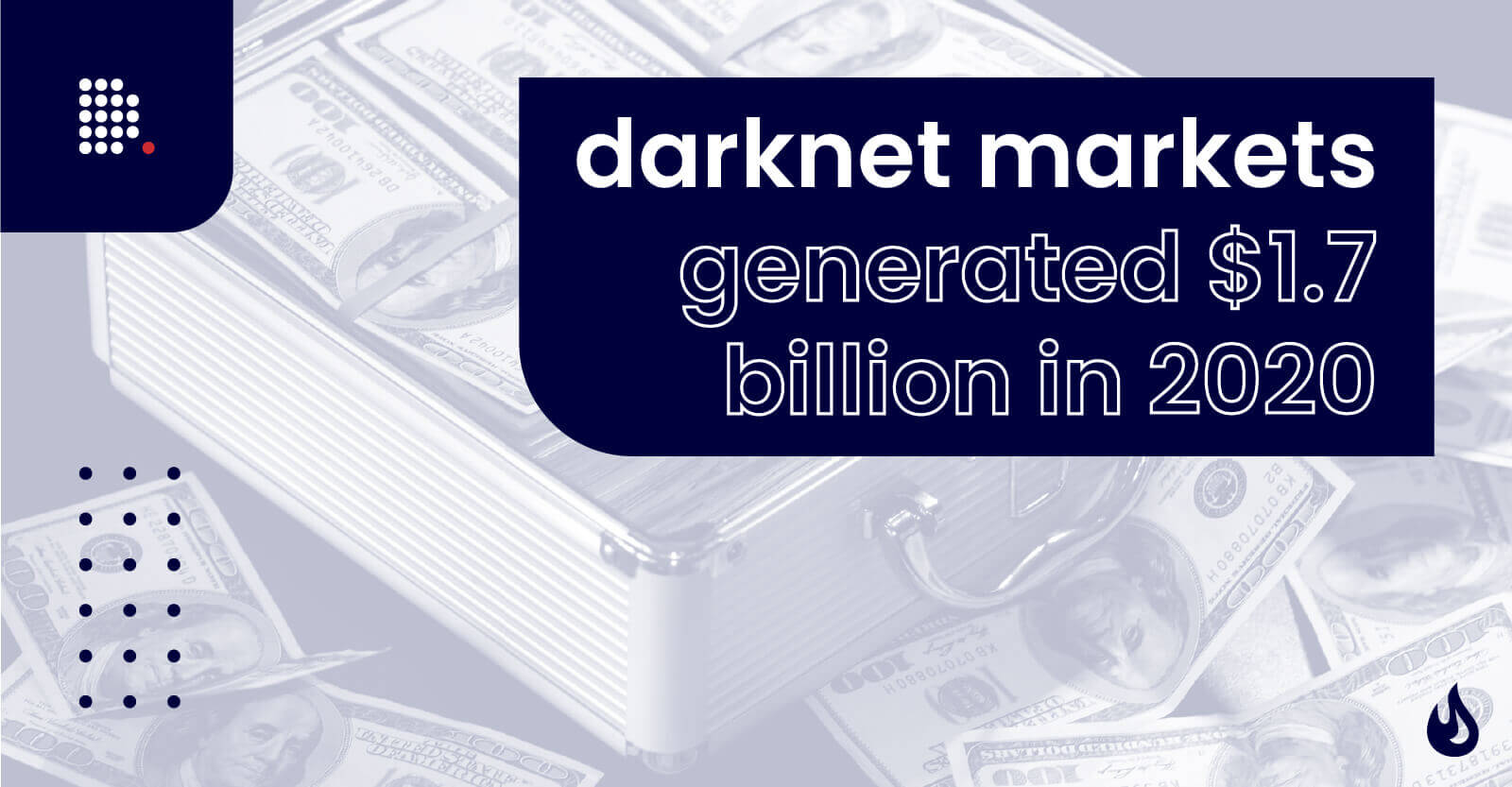An Closer Look at the Obscured World of Darknet Deals
The dark web has long fascinated and perplexed the public, often evoking images of a hidden realm filled with illegal activities and hidden transactions. While numerous people are conscious of its presence, few grasp the nuances and diversity of exchanges that occur within darknet marketplaces. These sites operate below the facade of the conventional internet, providing a virtual space for shoppers and suppliers to participate in commerce far distant from government oversight and regulation.
Explore further into this concealed world, and you’ll discover that dark web transactions include far more than the straightforward trade of illicit products. From the transaction of cryptocurrencies to the selling of confidential information, the hidden internet serves as an intricate network where anonymity and security are paramount. As an increasing number of people seek out these clandestine platforms, comprehending the dynamics of dark web markets turns out to be crucial for anyone curious about the developing environment of internet business and protection. darkmarket 2025
Understanding the Hidden Web
The dark web refers to an area of the internet that is excluded by mainstream search engines and often demands specific software to access. This concealed layer of the web operates on anonymity and confidentiality, allowing users to explore and interact without disclosing their true identities. The usual method of access is through the Tor network, which secures users' internet traffic and hides their online presence.
In the dark web, multiple markets have developed, facilitating the trade of goods and services that are often forbidden or restricted. These markets work similarly to traditional online marketplaces but are enveloped in secrecy. Transactions on these platforms commonly involve cryptocurrencies, providing an additional layer of anonymity for both customers and sellers. As a outcome, the dark web has transformed infamous for the sale of illegal substances, hacking services, and taken data.
Despite its detrimental reputation, the dark web also contains forums and sites focused on advocating for privacy, political dissidence, and speak-out actions. It functions as a platform for users in oppressive regimes to communicate securely and find information free from government control. This twofold nature of the dark web renders it a intricate and intriguing topic for exploration, reflecting both the more sinister aspects of human behavior and the quest for freedom in an progressively surveilled world.
Categories of Exchanges in the Underground Network

Deals in the underground network can be classified into several categories, showcasing the diverse array of goods and offerings available. One of the most famous types includes unauthorized drugs, where vendors offer everything from cannabis to synthetic substances. These transactions often take place on dedicated marketplaces designed to facilitate untraceable buying and selling, using cryptocurrencies for transactions to add an extra level of secrecy.
Another important category of transaction involves stolen data and cybercrime services. This can encompass anything from credit card data to personal identity theft tools. Hackers frequent these spaces to purchase or sell exploits, malware, and access to hacked systems. These deals typically involve high amounts of faith between users, as the anonymity of the underground network can lead to scams, requiring feedback and reputation systems to help users navigate the risks.
A emerging trend in the underground network also involves the trade of forged products, which can range from forged documents to counterfeit pharmaceuticals. These deals pose grave legal and health risks to consumers, while allowing sellers to gain from the exploitation of at-risk individuals. Such illicit activities thrive in the shadows of the underground network, serving those willing to dive into this hidden ecosystem.
Dangers and Repercussions of Dark Web Deals
Participating in transactions on the Deep Web exposes users to significant dangers, both legal and financial. Law police agencies are increasingly observing Deep Web activities, leading to catches and trials of those participating in illegal transactions. Participants may face severe punishments, including large fines and incarceration if found acquiring unlawful goods or services. The secrecy that the dark web provides is often a false sense of security, as many users underestimate the abilities of law police.
In parallel to lawful ramifications, there are significant monetary risks associated. Dark web markets are rife with frauds, and individuals may lose their capital to fraudulent sellers or deceptive schemes. Even when exchanges go as anticipated, there is no guarantee of getting the expected items or assistance. Many users, tempted by the allure of privacy, have found themselves targets of theft or blackmail, leading to dire financial consequences and reduced faith in online deals.
Additionally, there are ethical and ethical considerations to reflect upon. Acquiring from underground markets often fuels forbidden conduct that can have serious effects on localities and individuals. For instance, the narcotic trade has been associated to aggression and dependency, while the sale of stolen data can result in personal theft and monetary ruin for non-guilty targets. As users get involved in these transactions, they assist to a cycle of illegal activities that has widespread effects beyond their personal involvement.